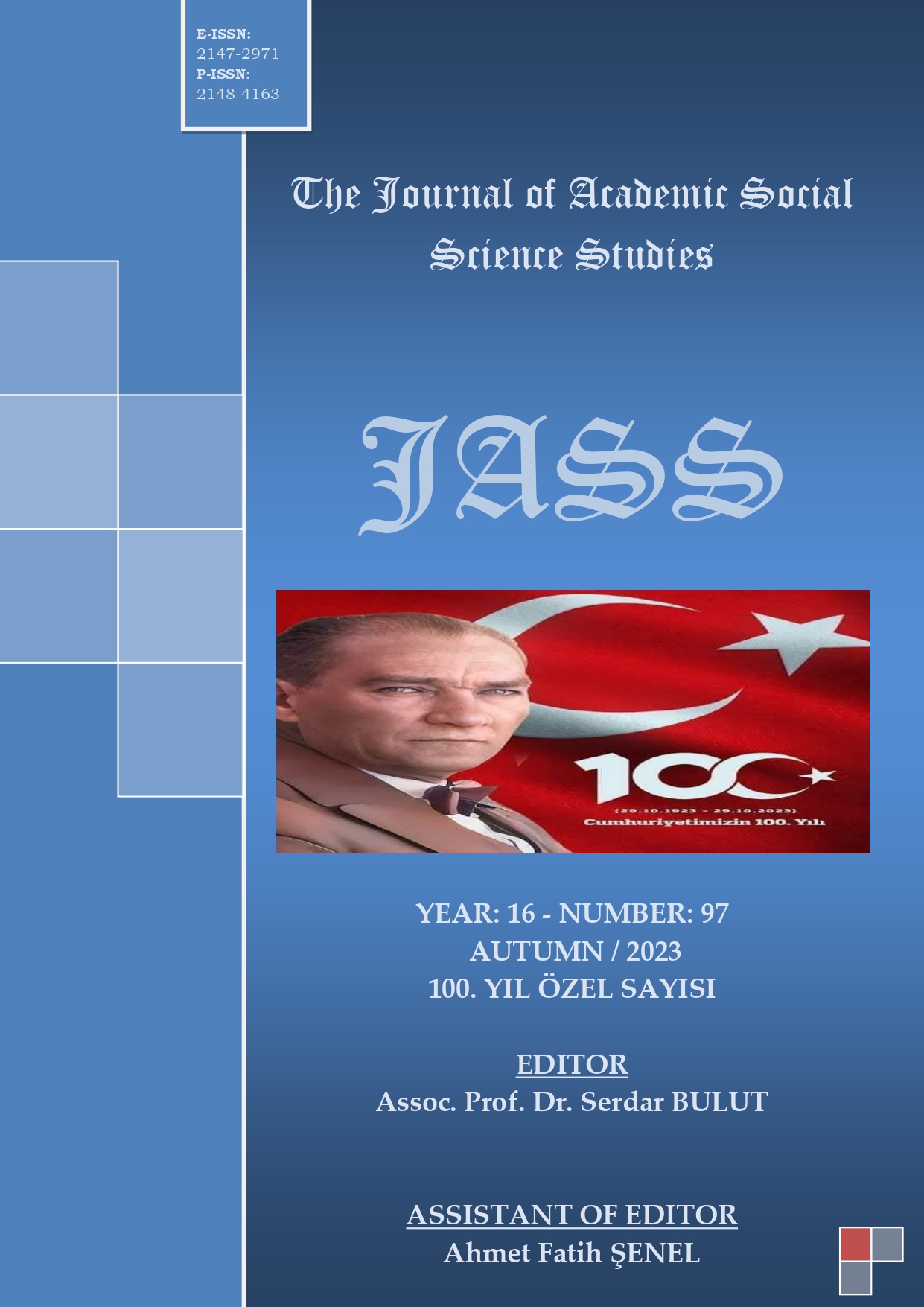Author :
Abstract
Bu araştırmanın amacı, literatürde var olan özel gereksinimli öğrencilere matematik öğretiminde VRA stratejisinin kullanıldığı çalışmaları derleyerek, bu stratejinin özel gereksinimli öğrencilerin matematik öğrenme süreçleri üzerindeki etkilerini bütünsel bir şekilde anlamak ve mevcut bilgiyi sistematik bir şekilde sunmaktır. Bu amaç doğrultusunda hedeflenen çalışmalara ulaşılması, ulaşılan çalışmaların kalitelerinin değerlendirilmesi, çözümlenmesi ve sonuçlarının sentezlenebilmesi amacıyla sistematik derleme yöntemi kullanılan bu araştırmada, veriler tek denekli araştırmalar ve özel eğitim alanyazına bağlı olarak belirli kategoriler altında incelenmiştir. Bu kategoriler ise katılımcılar (sayısı, yaşları ve yetersizlik türleri), bağımlı ve bağımsız değişkenler, kullanılan tek denekli araştırma modeli, müdahalelerin sürdürüldüğü ortam, gözlemciler arası güvenirlik ve uygulama güvenirliği, uygulama sürecine ilişkin etkililik, izleme ve genelleme bulguları ve sosyal geçerliktir. Araştırmanın sonucunda özel gereksinimli öğrencilere matematik kavram ve becerilerinin öğretiminde VRA stratejisinin etkili olduğu görülmüştür. Ayrıca bu stratejinin çeşitli yaş grubunda ve yetersizlik türünde kullanıldığı, çalışmaların genellikle etkili ve kalıcı sonuçlara ulaştığı ortaya konmuştur.
Keywords
Abstract
The aim of this research is to compile studies that have used the VRA strategy in teaching mathematics to students with special needs in the literature to comprehensively understand the effects of this strategy on the mathematics learning processes of students with special needs and to present the existing knowledge in a systematic manner. In line with this objective, in this research, which uses a systematic review method to reach the targeted studies, evaluate the qualities of the studies obtained, analyze them, and synthesize their results, the data has been examined under specific categories based on single-subject research and special education literature. These categories include participants (number, ages, and types of disabilities), dependent and independent variables, the single-subject research model used, the setting in which the interventions were conducted, inter-observer reliability and treatment reliability, effectiveness regarding the implementation process, maintenance and generalization findings, and social validity. The research concludes that the VRA strategy is effective in teaching mathematical concepts and skills to students with special needs. Furthermore, it is noted that this strategy is used in various age groups and types of disabilities, and the studies generally achieve effective and lasting results.





